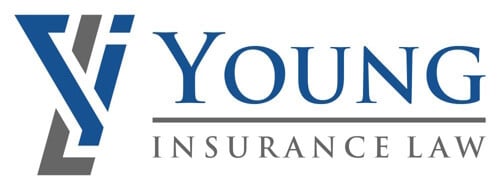State Farm is the largest insurance company in the American property casualty arena. Customers put together a class-action lawsuit against State Farm because of a potentially massive violation of the Racketeer Influenced and Corrupt Organizations Act.
Approximately 4.7 million State Farm auto insurance holders across the United States participated in the lawsuit. The insurance company sold policies that guaranteed customers its accident policies entitled them to vehicle repairs with new, factory parts to replace damaged parts.
State Farm’s tarnished good neighbor image
Presumably, when a neighbor borrows a new electric hedge trimmer and breaks it, he will immediately replace it with a new, identical model–the unspoken honor code between good neighbors. Imagine the owner’s dismay at receiving a used, rusty pair of manual shears from his neighbor instead; or worse, suppose the neighbor refuses to replace the hedge trimmer.
As millions of customers alleged, State Farm’s replacement parts were cheap, poor-quality generics, not the new, factory fresh parts promised them in their auto insurance policies. Also, many customers’ reported the insurance company flatly denied legitimate claims. According to customers with accepted claims, the process dragged on so long, they gave up hope of seeing their vehicles repaired and restored to them.
Good neighbors do not buy legal favoritism
Imagine further that the owner of the now-useless hedge trimmer sued his neighbor in small claims court, only to lose the case when the judge said: “Get over it and move on; things break in life. Verdict for the defendant!” Later, a friend said he saw the defendant hand the judge some cash just before the trial. The owner, with his witness in tow, filed a suit against the judge for corruption and won. The court also ruled against the man’s not-so-good neighbor for property damage and felony bribery.
The RICO class-action suit against State Farm
Millions of State Farm auto policyholders alleged the insurance giant raked in profits by using cheaper, substandard replacement parts in vehicle repairs. State Farm was in danger of losing billions to auto insurance customers for fraud. Meanwhile, compelling evidence of a RICO violation revealed that State Farm had funneled millions of dollars to a certain judge’s election campaign to fill a new vacancy on the Illinois State Supreme Court. The court was the location of the class-action State Farm trial activity. The candidate favored by State Farm won. The new judge immediately overturned a billion-dollar settlement against State Farm awarded previously by a lower court to the class action litigants.
In 2018, on the eve of a $9 billion Illinois class-action trial, State Farm settled out of court, paying the defendants $250 million to drop the case and hold State Farm guiltless. An attorney for the plaintiffs opined corporations did not fork over that much money unless they were on shaky ground. He said the settlement spoke for itself. Perhaps the attorney believed State Farm did not trust its used, generic tire jack to successfully lift the case out of court. The American Association for Justice listed State Farm fourth on its 10 worst insurance companies in the United States for denying claims and raising premiums.
